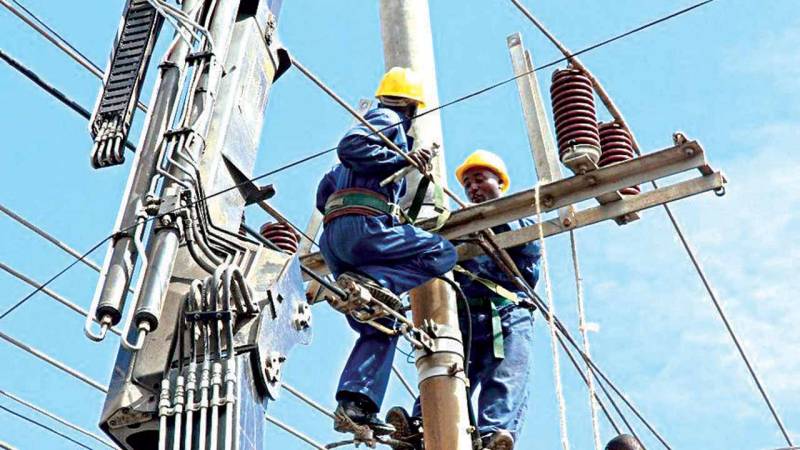The World Bank has announced plans to commit $750 million under the Nigeria Electrification Project (NEP), to improve rural electrification and provide Nigerians with better access to electricity. Mrs. Elizabeth Huybens, the World Bank's Head of Strategy and Operations in the West Central Africa region, announced the plan when she visited a 60 kilowatt mini-grid project in Kilankwa, Abuja. This work is carried out by the Electrification Agency (REA) through NEP.

Ms. Hyben noted that this would be the Bank’s first national electrification project in Nigeria, adding: “We see at work here, about $350 million is coming to a close, and we are preparing a successor project that will be $750 million. “We are extending our support to something that we think is critical and Nigeria is leading the world in small grid development,” she said. She added that the Kilankwa project would assist the country in providing access to electricity to more people faster than it could have done by just extending the national grid, saying: “So, I am very impressed that the grid in small communities works and there is also the foresight to think about how one can fully optimize the use of the electricity generated to expand productive activities. “Like the rice mill that we have just seen, I hope that in the future, we will see a lot more of that,” she. The World Bank official also added that they considered the project because they believe that access to electricity by all was one of the most important goals to pursue by any country, urging that access to electricity, is important for the lives of rural Nigerians. “We cannot move toward electric vehicles if we don’t have electricity. You cannot even charge your cell phone without electricity. “So, it is hard for me to think about modern life without electricity and it is hard for me to think about reducing poverty without access to electricity. ” And since the World Bank’s overarching goal is to help countries eradicate poverty, we need to help them provide access to electricity for its population.” The Managing Director, of REA, Mr. Ahmad Salihijo, said that the project was currently serving about 300 households and businesses, he added: “This has been operational for some time now. So, we are privileged to have come here with the World Bank team to see how it is performing. “We are working on ensuring productive use and also that we have energy-efficient equipment connected to the mini-grid.”




